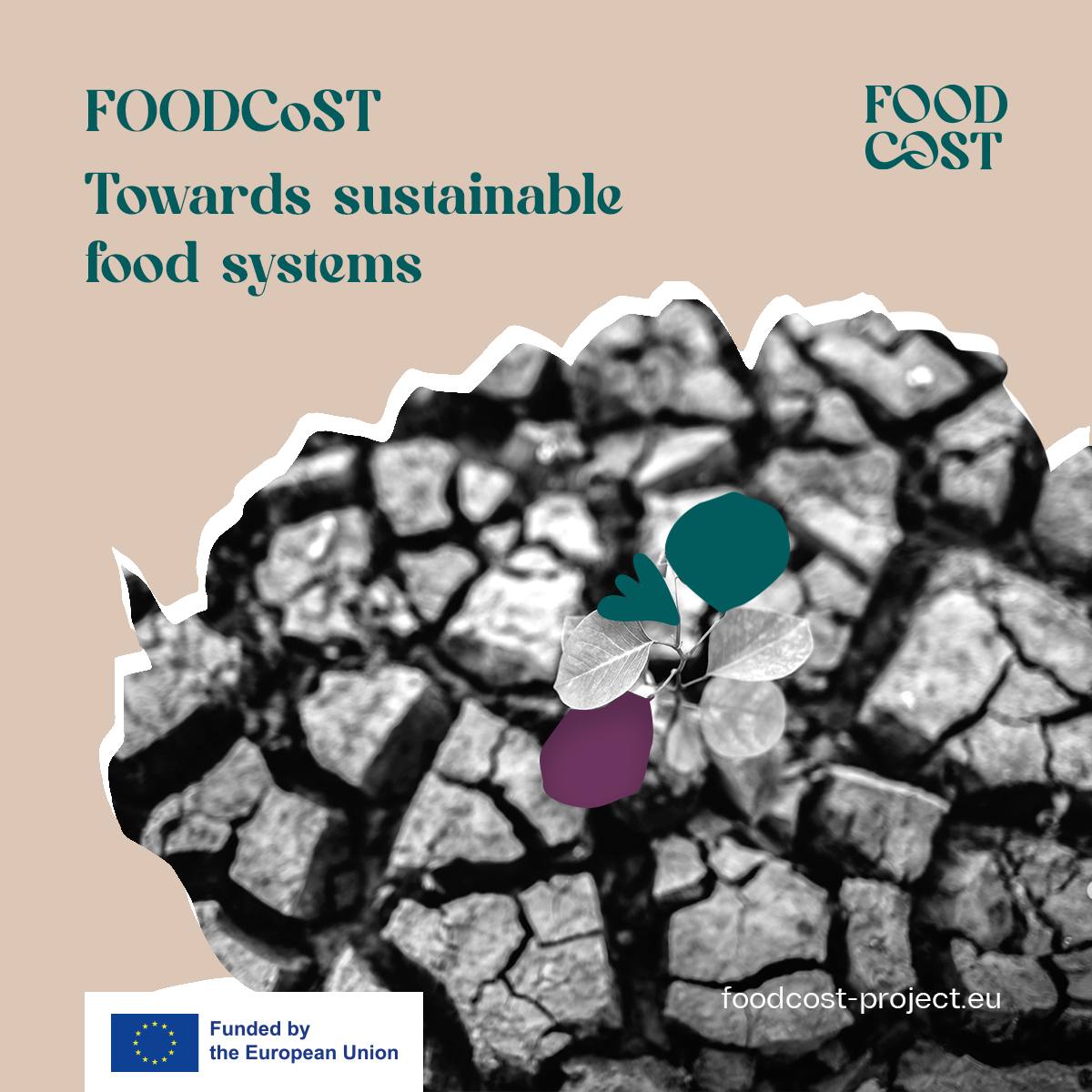Insights into why the true costs of food are more important than ever
22 Nov. 2024
Turning the Current on Biodiversity and Food System Challenges
The Global Living Planet Index—a key measure of global biodiversity constructed by WWF—paints a stark picture: since 1970, biodiversity has declined by an alarming 73%1 on biodiversity held in Cali, Colombia, progress was made to address this crisis, though challenges remain.
A highlight of the summit was the establishment of a fund aimed at compensating developing countries, Indigenous Peoples, and local communities for their critical role in preserving biodiversity. Large companies benefiting from Digital Sequence Information on genetic resources will contribute to this “Cali Fund,” marking a step toward addressing the imbalance in biodiversity conservation efforts. This approach can be seen as paying for “positive externalities,” recognising the value of preservation actions. However, broader initiatives—such as biodiversity credits and a more extensive fund to support conservation—remain unresolved, underscoring how much work lies ahead in halting biodiversity loss.
Food Systems: A Double-Edged Sword
Biodiversity isn’t the only environmental concern. Challenges related to water and climate change further exacerbate the crisis. According to research by the World Resources Institute, 33% of staple crop production for the world’s poorest populations occurs in regions with highly stressed or unpredictable water supplies. Global food system significantly contributes to greenhouse gas emissions while facing severe social challenges, including underpayment, child labor, and unsafe working conditions.2
Incentivising Positive Change
Addressing these interconnected crises demands a transformation in how we value and incentivise sustainable practices. Policies and business models must reward efforts to preserve natural capital while capturing the value of reducing harm and enhancing benefits. For example:
- Farmers could be rewarded for practices that improve biodiversity, animal welfare, and water quality, offering both environmental benefits and much-needed income.
- Dietary shifts could significantly reduce environmental impacts while improving human health, emphasizing sustainable consumption patterns.
True Cost Accounting (TCA) emerges as a powerful tool in this transition. By translating environmental, social, and economic impacts into measurable value, TCA helps illuminate the hidden costs of our food systems. This transparency enables policymakers, businesses, and consumers to make informed decisions that promote long-term sustainability.
A Vision for the Future
For TCA to succeed, its advocates must communicate the value of biodiversity and other critical resources to policymakers and businesses. When citizens’ priorities—like clean air, fair labour practices, and environmental health—are quantified, they become actionable. In cases where consumers are unwilling or unable to bear the costs directly, TCA can guide interventions to address the underlying damage.
Change is essential across the food chain, from production to consumption. FOODCoST is at the forefront of this shift, working to develop TCA frameworks, databases, and applications that pave the way for sustainable policies and business models.
By fully accounting for the true costs of our actions, we can design a future where sustainability is incentivized, biodiversity is preserved, and the wellbeing of both people and the planet is optimized. The stakes are high—but the potential rewards are even higher.
________________________________
[1] https://www.livingplanetindex.org/latest_results
[2] https://www.wri.org/insights/growing-water-risks-food-crops

